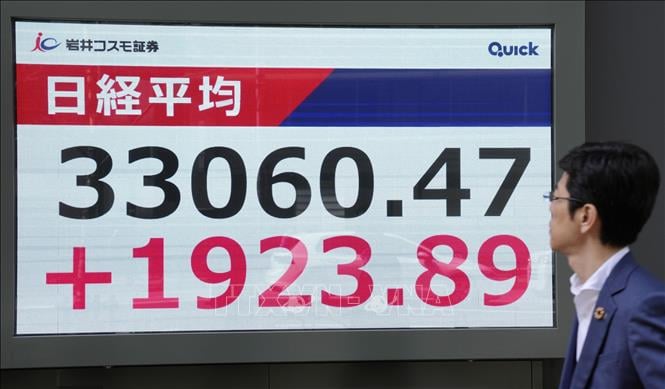
The market was also affected by the third consecutive session of declines on Wall Street. Concerns about high stock valuations after a rally that has lasted since April 2025 continued to weigh on market sentiment.
On September 25 (US time), Mr. Trump announced that the US would impose a 100% tax on imported brand-name drugs, a 25% tax on heavy trucks and a 50% tax on kitchen cabinets. He also announced a 50% tax on bathroom vanities and a 30% tax on upholstered furniture, with all these measures taking effect from October 1. The announcement sent pharmaceutical stocks in Asia plunging. Investors are also closely watching the situation in Washington as lawmakers continue to debate a budget package to maintain government operations before a deadline next week.
The MSCI Asia Pacific ex-Japan index ended the session down 1%. In Tokyo, stocks ended the session in the red on September 26, as exporters were supported by a weak yen due to waning expectations of US interest rate cuts, while investors took profits in technology stocks after a recent strong rally. The Nikkei 225 index fell 399.94 points, or 0.87%, to 45,354.99. Among major sectors, non-ferrous metals and electrical equipment were the biggest losers, while real estate and food gained.
The dollar held above 149 yen in Tokyo after U.S. Treasury yields rose, helped by upwardly revised GDP data that fueled speculation the Fed would not cut interest rates anytime soon.
In Seoul, South Korea's stock market fell more than 2%, marking the first time in 10 sessions that it fell below the 3,400 mark due to concerns about escalating tariffs and expectations of lower interest rates. The won also fell sharply, surpassing 1,410 won per dollar - its weakest level in more than four months - as investors rushed to safe-haven assets. The KOSPI index closed down 85.06 points, or 2.45%, to 3,386.05 points.
In China, the Shanghai Composite index of the Shanghai market fell 0.7% to 3,828.11 points, while the Hang Seng of the Hong Kong market lost 0.5% to 26,356.42 points.
After months of strong gains from the April 2025 low, the stock market is seeing a decline in buying power. The US Federal Reserve (Fed) cut interest rates last week amid concerns about a weakening labor market, but also stressed that further cuts remain uncertain.
Last week, Fed officials also offered different views on upcoming monetary policy, in the context of high inflation, less positive employment data and concerns about the impact of President Trump's new tax measures.
The focus now turns to the Fed’s preferred inflation gauge, the personal consumption expenditures (PCE) price index, due later on September 26, which could provide further clarity on the outlook for monetary policy in the coming period.
In Vietnam, at the end of the trading session on September 26, VN-Index decreased 5.39 points (0.32%) to 1,660.70 points, while HNX-Index decreased 1.59 points (0.57%) to 276.06 points.
Source: https://baotintuc.vn/thi-truong-tien-te/thi-truong-chau-a-lao-doc-do-lo-ngai-ve-trien-vong-lai-suat-cua-my-20250926162111455.htm








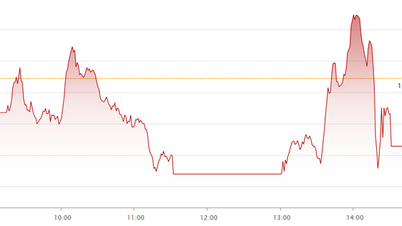








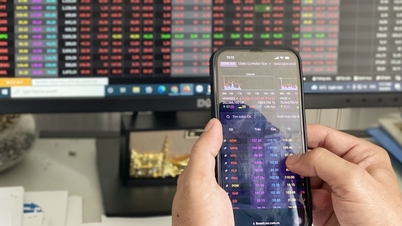



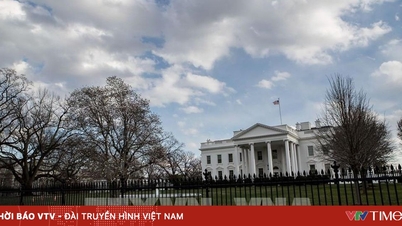

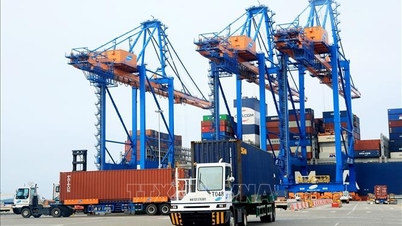












![[Photo] Prime Minister Pham Minh Chinh receives Secretary of Shandong Provincial Party Committee (China) Lin Yu](https://vphoto.vietnam.vn/thumb/1200x675/vietnam/resource/IMAGE/2025/9/26/821396f0570549d39f33cb93b2e1eaee)




































































Comment (0)